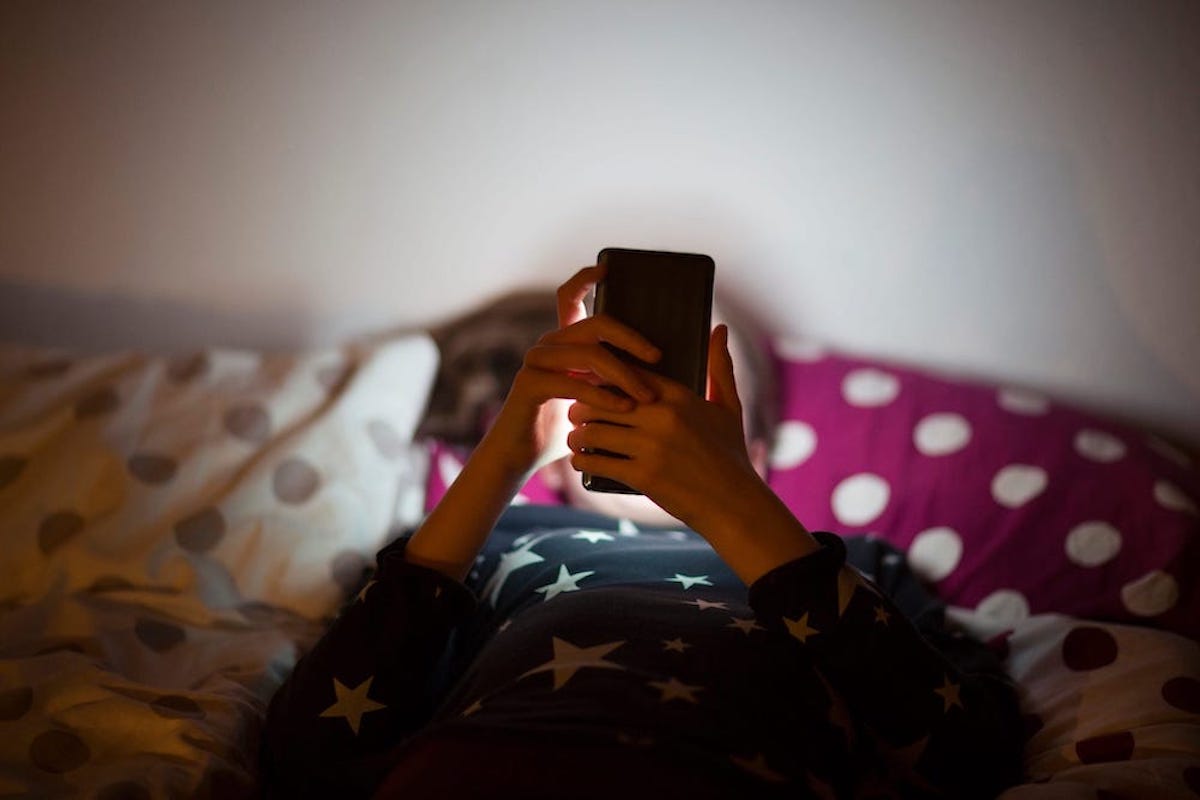The past few weeks have seen a huge amount of discussion on social media and teens. This topic has been circulating for months, prompted in part by clear evidence of a decline in mental health among teens and young adults. It was brought to the fore by a report from the U.S. surgeon general, Dr. Vivek Murthy, basically sounding the alarm about social media use in particular.
You can read that full report here. The key phrase that has been widely pulled out is “There are ample indicators that social media can also have a profound risk of harm to the mental health and well-being of children and adolescents.” This is strong language, and the report goes on to urge vigilance by parents and regulation by policymakers.
Takes on this abound. I am a big fan of the Techno Sapiens newsletter, and Jaqueline Nesi, who writes it, has two excellent posts. First, there is this one, on the data. Second, this post on the surgeon general report directly. These posts do a very good job of going through what we know from the data and what is still unclear. The best causal data we have is from variation in the introduction of Facebook to college campuses (see details here) and some experiments where people are paid to give up social media. There is a ton of correlational data, including a new study on age of phones and mental health, but it’s just that — correlation.
Ezra Klein has two fantastic podcast episodes on this issue. In the first, he talks to Jean Twenge, who argues that social media is the key concern in teen mental health. In the second, he talks to Lisa Damour, who has a more complex take, a lot of which focuses on sleep.
We’ve got faster, hotter takes (Adam Grant on Instagram, for example). And we’ve got people who flatly disagree that this is the primary problem for kids, or even a very important one.
In discussing this, there is often focus on the need for more data (something I also argue for in nearly all contexts). There is widespread agreement that a single study of Facebook rollout is not sufficient to draw strong conclusions.
When there is a call for more data, I think what many people mean by that is more studies that, say, restrict social media for half the sample and evaluate their mental health. Or more studies that exploit some kind of natural (arguably random) variation in the age of phone access. They want a research design in which we can make a causal argument about phones and mental health on average.
Of course, in many ways, this would be helpful in framing the debate. But I am not sure how practically helpful it will be, for two reasons.
First, one thing that seems clear from the evidence we do have is that there is enormous heterogeneity across people in their reactions to social media. It’s not all good or all bad even for a single individual. Most of the data across individuals suggests that some are helped and some are harmed. A focus on data about average impacts will miss this, and it’s harder to design studies that get at this heterogeneity while maintaining causal arguments.
Second, I’m not sure what the solution is if we find that these exposures are harmful. Banning social media is impractical; that genie is out of the bottle. We can probably limit kids’ exposure somewhat, but they are certain to encounter these technologies eventually. What happens when they do? This feels like a problem with a very limited set of policy solutions, since what people do with their phones (and their kids) is, in the end, a personal choice.
How can we make digital devices work in our lives?
Ultimately, I do not disagree that we need more data. I believe, though, the data we need is of a different type. In particular: I think what we really need is more data on how we can help people manage their relationship with digital devices.
I was running with a student the other morning, and we started talking about social media, and she said a version of “I know I feel better when I don’t engage on social, but I also recognize I need to engage to some extent as part of life.” People may argue with the last point, but I think she’s right. In the current moment, for teens especially, it is hard (not impossible, but hard) to completely disconnect from social media. And even harder to disconnect from all digital social interactions.
Maybe what we need to be experimenting with is what works for managing our phone/social media relationships in a way that feels feasible but also makes us happy.
What might that look like? I’m imagining randomized trials. But instead of trials that, say, pay people to stay off Facebook completely for a limited period, these trials would experiment with how to be more deliberate about digital usage. One treatment arm is, perhaps, one of those phone lockboxes. Maybe another is making a plan about phone breaks. You could build in accountability — every time someone in the family checks their phone at dinner, they put a quarter in the “phone punishment jar.”
One could experiment with approaches to phone introduction for kids — again, making a plan; setting limits; is one monitoring app better than another? This could extend to experimentation with groups. What happens if a school limits usage during the school day, for example?
The outcomes of these trials would be phone usage, and mental health, but also, and most importantly, longevity of the behavior change. Almost any behavior change intervention works for a while. The challenge is to find something that continues to work, something that people can stick to.
What is possibly useful about this approach is that it moves away from the binary question of whether social media/phones/digital interaction is good or bad and it centers the question of “How do we make this work in our lives?” This is not dissimilar to how I believe we should engage with TV with younger kids. Cocomelon isn’t inherently good or inherently bad. We just need to consider how TV fits into a balanced day.
I also find this idea helpful in the face of a feeling of Well, what on earth do you want me to do? Reading a report on how social media is ruining everyone can garner a feeling of frustration when there is no real concrete action item.
You can implement this kind of experimentation on yourself, and, given the wide variation across people, you’ll probably learn a lot more than you’ll learn from any study on averages. Are you unhappy with your relationship with your phone and social media? Experiment with changing it. Do you think your kids are struggling with these issues? Again, experiment with changing it. The beauty of self-experimentation is you can approach it as temporary. You do not need to commit to the phone box for the rest of your life. You can try it, see how it goes, see how you feel about it, and evaluate.
A skeptic’s take on the current social media discussion could point to the 19th-century panic about women reading novels (spending too much time! Unable to differentiate fiction from reality!) or more recent panics over television and video games. I am old enough to remember a time (it was like 2005) when there was widespread concern that video games were making teens violent. Not only has that concern been dismissed (based on data), but I’m now seeing people highlight video games as a good thing, at least in comparison to Instagram.
You can look at this and conclude that it’s all overblown. Maybe it is! My point, though, is that the question at an individual level is how you and your family feel about your relationship with these technologies. If you’re not happy, that’s the time to try to change it, even if the data doesn’t somehow say you have to.
Community Guidelines
















Log in